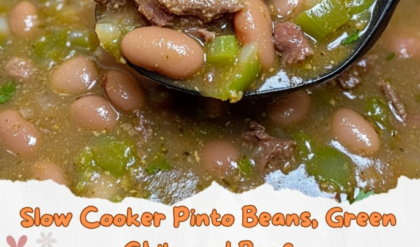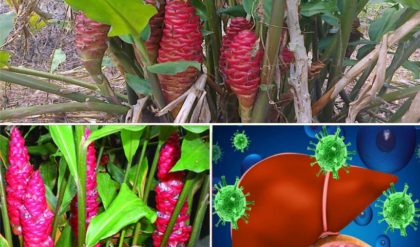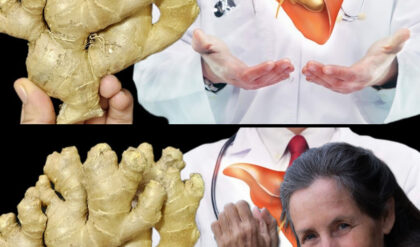The World Health Organization (WHO) has highlighted substances that significantly harm blood vessels and increase the risk of cardiovascular diseases and high blood pressure. Surprisingly, these substances are often present in two types of commonly consumed foods.
The Alarming Impact of Trans Fats
Cardiovascular diseases continue to be a global health crisis. According to WHO data, as of 2019, nearly 523 million people worldwide suffered from cardiovascular conditions. While many associate these diseases with foods high in salt and oil, an even more dangerous culprit often goes unnoticed: trans fats.
What Are Trans Fats?

Trans fats are a type of unsaturated fat and exist in both natural and artificial forms:
- Natural Trans Fats: Found in the meat and milk of ruminants like cows and sheep. These are generally safe when consumed in moderation and pose minimal health risks.
- Artificial Trans Fats: Also known as industrial trans fats or partially hydrogenated oils, these are highly detrimental to health.
In 2018, WHO issued a strong recommendation to replace artificial trans fats with healthier alternatives. The organization advises limiting trans fat intake to less than 1% of total daily energy consumption, which is approximately 2.2 grams per day for a 2,000-calorie diet.
Health Risks of Trans Fats

Excessive consumption of trans fats can lead to severe health problems, including:
- Elevated Cholesterol Levels: Increases bad cholesterol (LDL) and decreases good cholesterol (HDL).
- Atherosclerosis: Accelerates the formation of blood clots and plaques in blood vessels, thickening and hardening arterial walls.
- Obesity: Particularly concerning for children, as it hinders healthy growth and development.
Foods High in Trans Fats

- Hydrogenated Vegetable Oils
Partially hydrogenated vegetable oils (PHOs) are widely used in the food industry because of their high heat tolerance and ability to improve flavor and texture. These oils are a staple in deep-fried foods and processed snacks. - Fast Foods
Popular fast foods, including fried chicken, French fries, and similar items, contain significant amounts of trans fats. This is because restaurants commonly use PHOs for frying, which allows trans fats to seep into the food. Repeated use of frying oil further increases the trans fat content.
While trans fats are heat-resistant and have a long shelf life, their consumption poses significant risks to cardiovascular health.
Additional Foods Harmful to Blood Vessels
Besides trans fats, two other food groups are linked to blood vessel damage and increased cardiovascular risks:
1. Animal Organs

Offal, such as pig liver and intestines, is highly nutritious and flavorful but contains extremely high levels of cholesterol and fat. Consuming excessive amounts can elevate blood lipid levels, impair circulation, and, in severe cases, cause blood vessel blockages or cerebral infarctions.
2. Overly Spicy Foods

Spicy foods are known to stimulate the taste buds and enhance appetite. However, they can trigger an overproduction of adrenaline, activating the sympathetic nervous system. This can lead to:
- Dilated Blood Vessels
- Increased Blood Pressure
- Heightened Risk of Blood Clots, which may result in cerebral infarctions.
Conclusion
To safeguard cardiovascular health, it is essential to minimize the consumption of foods containing artificial trans fats, animal organs, and excessive spices. Following WHO guidelines and adopting a balanced diet with healthier alternatives can significantly reduce the risk of cardiovascular diseases, ensuring better overall health and well-being.





